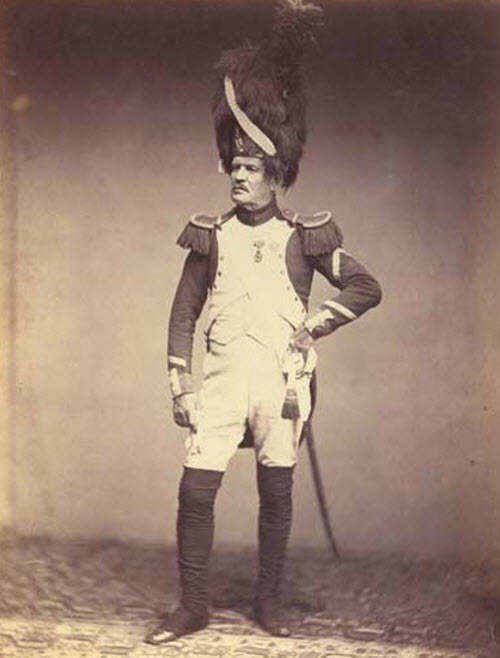The Battle of Leipzig
An Unexpected Defeat for Napoleon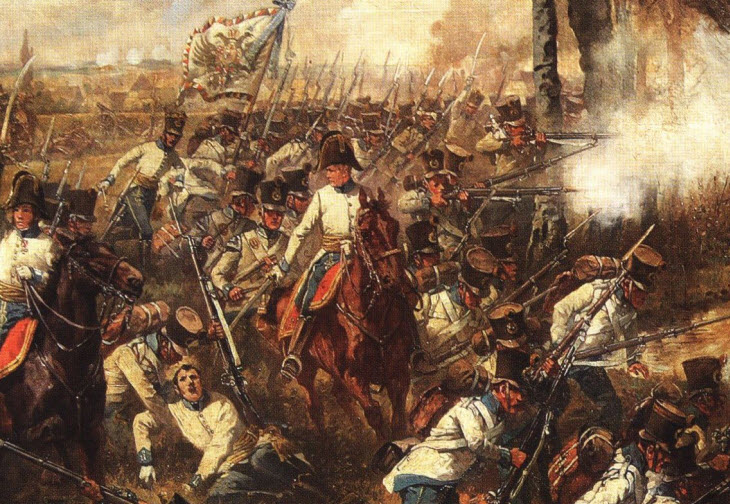
The Battle of Leipzig was an imprtant battle during the Napoleonic wars which was fought 16–19 October 1813. It is also sometimes referred to as the Battle of the Nations because of the large number of countries whose armies fought in the battle. The main belligerants were the French together with German and Polish allies, against Russian, Austrian and Prussian forces. As a result of this battle, Napoleon lost control of all territories east of his army and also suffered a large loss of soldiers and artillery pieces.
Twice has the destiny of Germany been decided by arms on the plains of Leipzig: Sept. 7, 1631, and Oct. 18, 1813; and the battle of Nov. 2, 1642, was by no means unimportant in its consequences. In the battle of Sept. 7, 1631, the military talents of Gustavus Adolphus, and the superior tactics of the Swedes, prevailed over the Catholic German generals, Tilly and Pappenheim, and Tilly was shown not to be invincible. Of his army of 35,000 to 40,000 men, 8000 fell, 3000 were taken prisoners. The victory was decisive, and Protestant principles triumphed in North Germany. In this battle, the Swedes made good use of their leather cannons. Eleven years after, in 1642, Torstenson defeated, at the same place, the imperial Saxon troops, under the arch-duke Leopold William and Piccolomini.
Related Articles
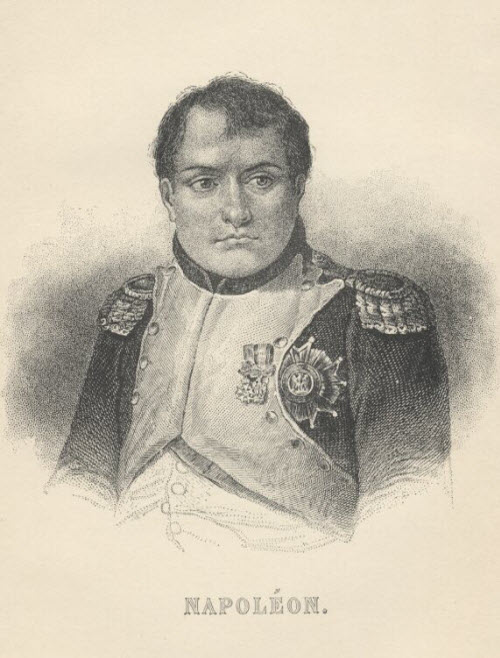
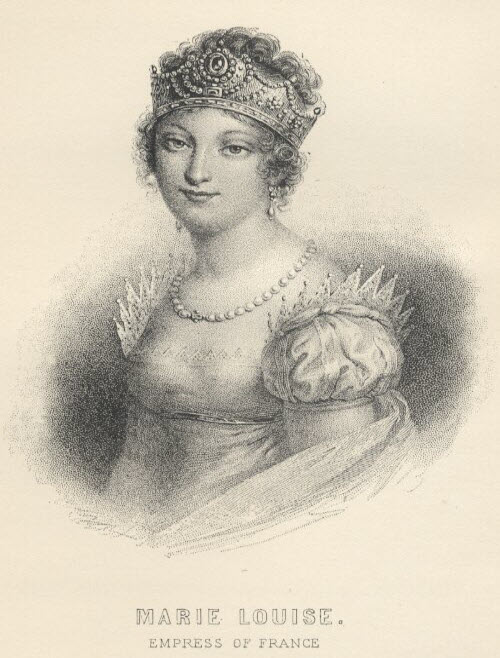
Leipzig: The Battle of the Nations
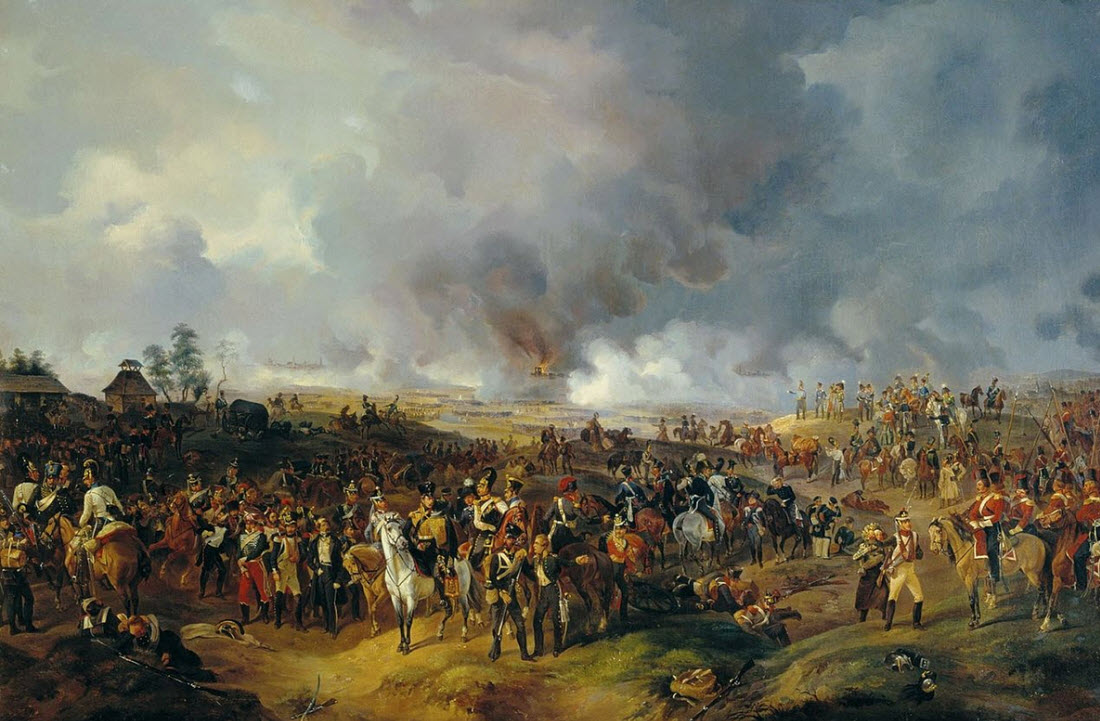
But the battle of 1813 was most remarkable for its extent and duration, the magnitude of the contending armies, and the importance of its consequences. For the campaign of 1813, the allied powers had formed the plan of operating on the flanks of Napoleon, and uniting in his rear.
With this view, the movements of the Silesian army, under Blucher, and of the northern army, under the crown prince Charles John of Sweden (commanded by Napoleon's former Marshall and general Bernadotte), were directed to the Lower Elbe, and the movements of the main army, tinder Schwartzenberg, to the Upper Elbe. Circumstances finally determined the country around Leipzig, as the place where the junction should be formed, and Napoleon cut oft from the Saal. In all probability, Napoleon was well aware of this project, but expected to frustrate it.
A rapid march between the Mulda and Elbe, a quick passage over the latter river at Dessau, ostensibly with the view of advancing upon Berlin, were to deceive and retard the northern army, and give Napoleon time to turn against Schwartzenberg, and drive him to the mountains of Saxony. If he was conquered, Blucher and John were to be defeated and destroyed. In conformity with the plan of the allies, the great Bohemian army, of 120,000 men, marched, on the 12th of October, in three columns, against Leipzig, over the Erzgebirge. Napoleon, meanwhile, assembled his troops in and around Leipzig. October 15, he mustered his army, and gave the generals their orders.
His whole force amounted to 80,000 or 90,000 men, the corps of Ney and Regnier being still on the road, or employed, under Marmont, to cover the country to the northward. In case of an unfortunate issue, the corps of Bertrand was to secure the pass of Lindennu. Prince Schwartzenberg commanded the allied forces, although the three monarchs of Austria, Prussia and Russia were present. His purpose was an attack, with three columns, on (he position of the French. About seven o’clock in the morning of the 16th, the allied troops put themselves in motion, carried the French outposts, at the villages of Markleburg, Wachau, and Liebertwolkwitz, and evidently pressed on the enemy’s position. The corps of Victor was obliged to relinquish Liebertwolkwitz to general Klenau.
About nine o'clock, the battle had become general, and the thunder of innumerable pieces of artillery was scarcely ever heard so powerful and so uninterrupted by the oldest soldiers. Both parties displayed the most brilliant courage. The movement of the left wing of the allies suffered considerably from the firmness of the Poles, who resisted every attempt to cross the Pleisse, and, favoured by the ground, kept up an effective fire. Napoleon ordered, in person, the battle on the heights of Liebertwolkwitz. Macdonald carried the Swedish camp, as it was railed, by storm, and thus secured to the left wing of the French an essential advantage; but Wachau was the scene of the most obstinate conflict. From this place Napoleon attacked, repeatedly, the centre of the allies.
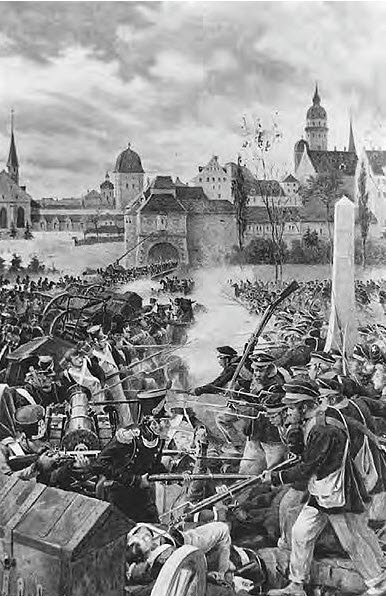
French infantry defend a barricade against a Prussian assault at the Battle of Leipzig
The corps of Ney, which arrived at this juncture from Delitsch, might have decided the day, but Blucher's army also came in sight. It had pressed forward, from Halle to Skeuditz, on the 16th of October, attacked the duke of Ragusa at Wahren, Lindenthal and Breitenfeldt, gained a decisive victory at Mockern, after a severe resistance, and now threatened Leipzig from this quarter. Ney had, consequently, to be despatched against it, and the decisive moment was lost: the emperor Alexander even recovered a lost battery, by the attack of his regiment of Cossack guards ; the Russian grenadiers restored the balance of power between the Pleisse and Wachau; and, notwithstanding Napoleon caused the bells of Leipzig to be rung in honour of his victory, lie had acquired no advantage by it, with the exception of a small portion of ground, so that the two parties were very nearly in the same position, in the evening, as before the battle. But the arrival of the northern army, which Napoleon had not in the least expected, but of which he was aware before the allies, made him desirous to retreat.
On the 17th of October, the arms of the contending forces were permitted to repose, by a tacit agreement; the allies waited for the arrival of their third main body, under Bennigsen, from Dresden, by way of Grimma, and Napoleon was mediating an honourable retreat, for which purpose he attempted to open negotiations with the allies, by means of the captive Austrian count Meerveldt. He is said to have proposed an armistice, demanded permission to cross the Saal without opposition, proffered the cession of the fortresses of the Oder and Vistula, and manifested an inclination for peace. From these measures, the allies ascertained his weakness, and refused to listen to the proposals, particularly as they were now informed of the arrival of the northern army, before which Ney and the duke of Ragusa retreated, over the Parde, to Schonfeld. Napoleon was thus reduced, on the 18th, to the necessity of sustaining a defensive battle, and was compelled to retreat.

Situation Map Showing Disposition of Napoleon's Forces
He took a position more in the rear, between the Pleisse and Parde, protected by several villages. The northern suburbs of Leipzig were defended by a battery, and by Dombrowski and the duke of Padua (Arrighi). Bertrand still kept the pass of Lindenau open, by which all the unnecessary wagons were quickly conveyed to Lutzen. Napoleon himself took his station in the midst of his guard, at Probsthelda, that he might send aid to every weak point, and be able to superintend the whole. According to their plan of the 16th, the allies aimed at a junction with Bennigsen and the northern army. They soon found themselves on a more favourable ground, which gave complete efficiency to their cannon and musketry. They gained various successes, and effected a union with Bennigsen. Notwithstanding his ill fortune, Napoleon was able to fill the chasms and repair his disadvantages; his line was nowhere broken, nor was he ever assailed in the rear; the force of the allies was gradually exhausted, and a fair retreat seemed possible for the French; but it was difficult, on account of the want of a free passage for the columns, because all the ways leading to the western suburbs of Leipzig, and beyond, to the narrow pass of Lindenau, were covered with flying baggage wagons, and troops in great confusion, and no bridges over the Pleisse had been prepared for such an event, and no precautions had been taken. It was but a short time before, that Leipzig itself had been slightly fortified, and the garden walls of the suburb, and similar objects, had been transformed into means of defence. Poniatowsky and Macdonald were now appointed to cover the retreat, which took place at daybreak, 19th October. Hardly had the allies observed that the position of the French was abandoned, when they made preparations to assail Leipzig on ail sides, and, after a severe struggle, obtained possession of two gates. To give a faithful picture of the cruel confusion of this retreat, through the city and environs, would be impossible. Every moment increased the disorder of the flying army, and, the only bridge over the Elster having been blown up too soon, the flight was changed into wild desperation. But a short time before, had Napoleon himself, after taking leave of the king of Saxony and his family, reached that important bridge, not without difficulty, and by a circuitous route: 15,000 or 20,000 men, in close array, more than 200 pieces of artillery, and an immense quantity of baggage, were left, and increased the trophies of the victors. Poniatowsky’s and Macdonald’s bands attempted to escape over the narrow bridge of the Pleisse, and then, hemmed in again by the
Elster, to construct a foot-bridge in the gardens of Reichenbach; but it was not sufficient for the mass which crowded over it. The greater part perished in the waters of the Pleisse or the Elster, in which Poniatowsky found a noble death. The rest fell by the hands of their pursuers. Macdonald escaped. By degrees the resistance slackened; the Baden troops were unable to hold the interior of the city, and the allied monarchs entered at the head of their soldiers. The loss of the French in prisoners, killed, and wounded, has been rated at 60,000 men. Among them, 3000 officers, 300 pieces of cannon, and an immense quantity of baggage, &c., fell into the hands of the allies. The battle of Leipzig is said to have cost the victors 45,000 men (viz. 3000 Austrians, 21,740 Russians, 14,950 Prussians, and 300 Swedes.) With Napoleon’s defeat at Leipzig was connected a series of consequences of immense historical importance. See the articles Saxony, and Russian-German War.

